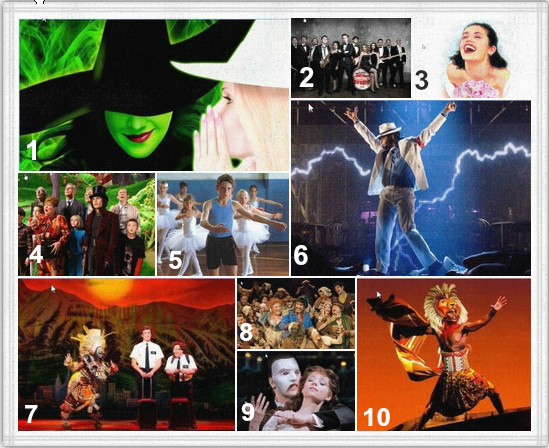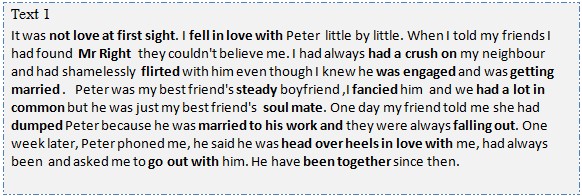This is a lesson for Intermediate students (B1).
Hopefully, at the end of this lesson you’ll have learnt useful vocabulary to talk about a city/town/ village you like, you’ll be able to talk about the advantages and disadvantages of living in the city or the countryside and you’ll be able to understand people talking about it.
What’s your hometown like?Are you happy with the city/town/village you live in? What are some of the pros and cons?
What are the advantages and disadvantages of living in the coutryside or in a town

These are some common questions in oral exams. Before reading any further, think about how you coud best answer these questions. Try really hard. Imagine you’re taking the real test.
Ok! Now!!! Do you have all the words you need or, are there things you couldn’t say because you didn’t have the right words? If this is the case, then go on reading, this post is for you.
Below you’ll find some ideas to help you get started.
Mapa Mental creado con ExamTime por cristina.cabal
Now, watch these two short videos and answer the questions below. The first one is about the advantages and disadvantages of living in a big city and the second about the advantages and disadvantages of living in a small town ( could also be applied to living in the countryside)
Video 1. Advantages and disadvantages of living in a big city
Speaker 1. What’s the disadvantage he mentions?
Speaker 2. What are the disadvantages he mentions?
Speaker 3. What is, in his opinion, the main advantage? What two disadvantages does he mention?
Speaker 4. What’s the huge advantage cities have compared to rural areas?
Speaker 5. What’s, according to this speaker, the main advantage?
Video 2. Advantages and disadvantages of living in a small town (could be applied to the countryside)
Speaker 1. What’s the advantage and the disadvantage he mentions?
Speaker 2. What does he say about the pace of life in small towns?
Speaker 3. What’s the advantage and the disadvantage he mentions?
Speaker 4. For him, what’s the advantage and the disadvantage of living in a small town?
Speaker 5. What does he say happens in small towns?
♥By the way, do you know the difference between a city and a town???
A city is larger than a town and it has a cathedral 🙂 , at least in the UK
Now, do you think you can describe your hometown? Can you talk about your favourite city? Can you talk about the advantages and disadvantages of living in a city or in the countryside? Hope you can!






